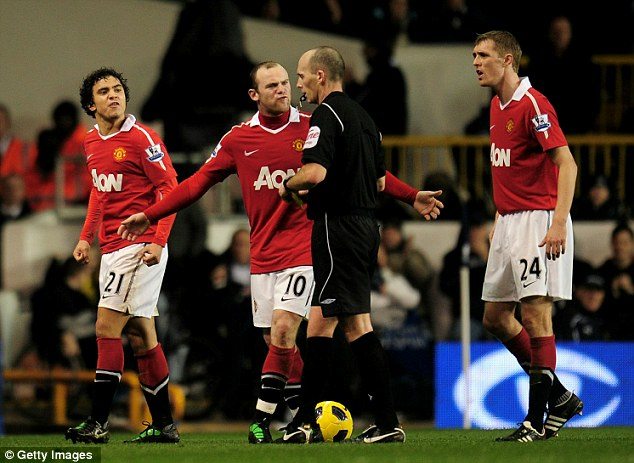Refereeing: “one of the toughest jobs in the world”
With every sport, whether that be the mostly self-assessable discipline of tennis, or the more subjective game of basketball, the presence of a referee is fundamental to make sure that it is played in a fair, efficient and, above all, enjoyable manner. Without one, the integrity of the sport would be thrown into disrepute and the validity of the final score rendered almost invalid.
They are also vital to the free flowing aesthetic of sport: who would want to watch rugby descend into a no-holds barred mess of eye-gouging and stamping, or a game of cricket get bogged down in petty squabbles over whether the ball pitched outside leg stump? Put simply, the sports we have come to know and love would be unrecognisable without the omnipotent, watchful eye of an umpire or referee.
It takes someone with a sturdy soul and an even sturdier exterior to want to be a referee.
Despite their evident necessity, it is quite possibly the most thankless job in the sporting world. Abused when they do their job badly, and frankly ignored when they do their job well, it takes someone with a sturdy soul and an even sturdier exterior to want to be a referee.
You only have to look at some of the more extreme ordeals that referees have been through in recent years to discover just why their occupation is so unenviable – and we’re not just talking about swearing and name-calling.
Back in 2006, a Uruguayan basketball referee suffered a fractured jaw and partial loss of sight when a player elbowed him in the face following a questionable foul call. Then in May of this year, a football referee from Utah died after being punched in the face by a 17 year old in a recreational league game.

No prizes for working out the word on the lips of Rafael and Rooney (clue: it’s not ‘fiddlesticks’). Photo: DM.
Even more unbelievable still, a Brazilian football referee was stoned, beheaded and quartered in June of this year after he stabbed a player to death in a brand of vigilante justice more reminiscent of the medieval ages than the 21st century. The exact circumstances behind the latter example are unclear, but the fact that a referee feared so much for his life that he would carry a knife on him is testament to the perilous situations that people all around the world are putting themselves in for the good of their game.
Obviously, incidents like those described above are extremely rare and are in no way representative of the day-to-day experiences of your average referee, but they do provide an insight into the inherently vulnerable position referees put themselves in on a day-to-day basis. Especially at the higher levels of the sport, referees often resemble feeble stick insects in comparison to the man-mountain athletes that they officiate.
There is usually a clear discrepancy between the authority a referee exercises over the players when he has a whistle in his mouth, and the authority he or she would have were they to meet in an everyday setting. Whenever a referee steps out into the playing area, they suddenly become imbued with a fabricated power with which neither they nor the players feel totally comfortable.
A referee has to hold an entire sport’s rulebook at their fingertips.
Herein lies the key reason why I believe being a referee is one of the toughest jobs not just in sport, but in the world. Not only do you have to hold an entire sport’s rulebook at your fingertips and constantly manipulate it to each and every game that you officiate, you also have to expertly manage the almost unmitigated power that you have been granted. Too heavy handed, and you risk turning both the players and coaches against you. Too soft, however, and you won’t be in a job for very long.
So next time you watch your favourite sport, spare a thought for the referee or umpire. Someone has to do it, right?

Comments